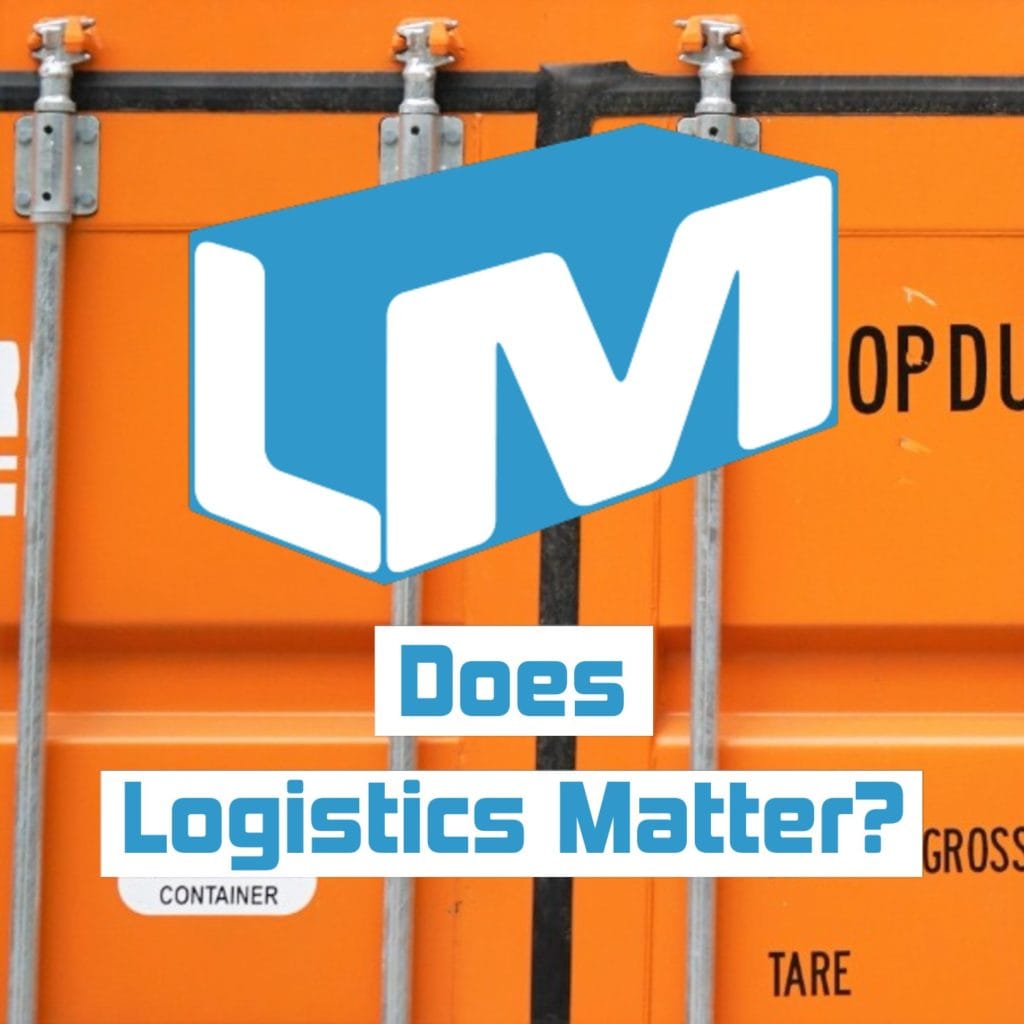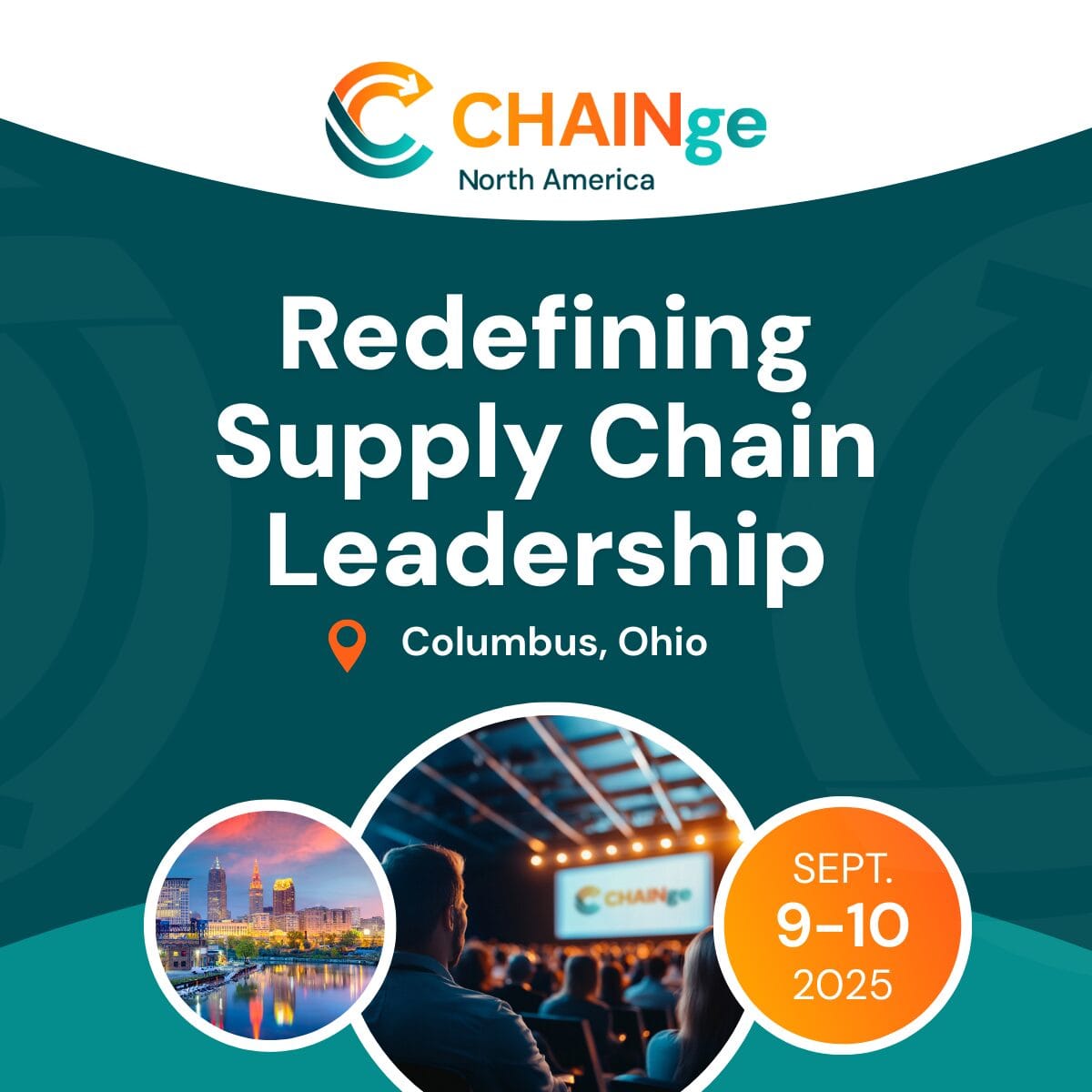The Does LogisticsMatter? Podcast is all about trends and innovations in supply chain and logistics. This episode features Pieter Kinds, Founder and CEO of Freightender. Because Pieter is based in Spain, and I operate from Rotterdam, we talked via a video connection. Thank you, Pieter, for sharing your insights about digitization in logistics and what it means for freight procurement
Digitization in Logistics
Logistics is getting more digital by the day. The logistics industry has always been a traditional industry that is often not among the early adopters when it comes to using new technology. This is slowly changing. Startups are trying to disrupt the industry and with mixed results. It is one thing to have a great idea and matching technology, but it is another thing to get logistics companies and logistics departments to implement your technological innovation.
One reason for the slow adoption is the commoditisation of logistics in the past decades. Logistics should always cost less and is often not rewarded for the value it adds to the products that it moves. Another reason is the change that is needed within organisations. Deciding to digitize is one thing, but aligning your internal organisation is another thing.
From Excel to Excelling
One of the areas where digitization can have a huge impact is in the procurement of logistics. Many logistics companies and logistics department use excel when tendering their freight. It results in dozens of excel sheets being e-mailed to potential suppliers. These excel sheets are then sent back and need to be compiled and analyzed. If you are lucky, they are completely and correctly filled out, but usually, many manual corrections need to be done. There is little to no visibility in an excel based process, and it requires a lot of manual work.
Procurement departments that want to bring their department to higher levels use digitized solutions where buyers have full visibility over the procurement process. Data is exchanged digitally, and suppliers can only submit rates and other information in a set format, so analyses can be done without compiling data from different sources. This gives procurement specialists the ability to focus on activities that add value instead of wasting time on data entry and data manipulation.
Listen to the Podcast!
In the podcast, Pieter also talks about how buyers of logistics can find new carriers and how carriers, even the smaller local ones, can find new customers on a new platform: TendrX.
Please enjoy these topics and more in my conversation with Pieter Kinds.
Click the button of your favorite podcast app below:












